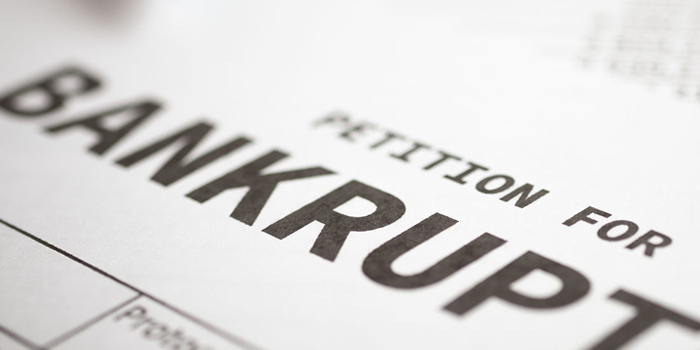It’s not uncommon for personal money problems to lead to divorce. For those who find themselves in such a situation, the stress of dealing with both of these legal problems simultaneously can lead to hasty decisions, which may end up doing more harm than good. There are 4 Things to Know Before Handling a Personal Bankruptcy During a Divorce
Often, couples who’ve ran up a considerable amount of credit card debt while married, simply don’t have the means to repay what they owe on their own, making bankruptcy one of the only viable options for debt relief. While you may find yourself dealing with both issues at once, it’s crucially important to realize that they require two entirely different legal processes that can sometimes get in the way of one another.
Let’s explore what you should know before making any legal decisions:
1. Anticipate a longer personal bankruptcy process
If you file for bankruptcy while also moving through divorce proceedings, you should expect a potentially extended legal process beyond what you’d expect normally.
Since divorce courts can make rulings on a number of different assets tied directly to your personal finances such as child custody, child support, and alimony, you’ll want to be extra cautious to take these factors into account when moving forward with personal bankruptcy.
2. Bankruptcy may not eliminate various divorce debts
Depending on your particular situation, you may be issued a divorce decree ordering you to make regular payments to your spouse in exchange for physical property. If you foresee this as a possibility, a Chapter 7 bankruptcy will not allow you to clear this debt
A better option would be Chapter 13, which sometimes allows this kind of property to be included in the payment plan. For those who are unfamiliar with the differences, Chapter 13 involves paying your trustee your surplus income on a monthly basis after your necessary bills are accounted for. The trustee then distributes these funds to your creditors––one of which being your spouse. When the Chapter 13 plan is finished, any outstanding debt to this person is usually quashed.
3. Child support and alimony dues will remain your responsibility
If you find yourself with a significant amount of unpaid child support or alimony payments, it’s imperative to know that these debts cannot be wiped through Chapter 7 nor Chapter 13 plans.
Even more important for those with outstanding debt, is the restriction on discharges in respect to alimony and child support. As long as you have debt still unpaid, the court will not discharge your bankruptcy.
4. Decide whether or not to file a joint bankruptcy
When one spouse makes the decision to file for bankruptcy on his or her own, it’s possible for that person to discharge debts incurred jointly during marriage solely on their own. As a result, creditors would pursue debt collections for the entire amount with the spouse who didn’t file.
Since divorce courts do not have the ability to protect this person from collection requirements, this would saddle the individual with a potentially substantial amount of debt. To prevent this, the non-filing spouse can join the case and avoid the otherwise significant liability.
Since these two legal issues can become very complex given the specific circumstances you might find yourself in, it’s best to consult with an attorney experienced in both fields.
For a free initial consultation with a Beloit Bankruptcy Law or Rockford Bankruptcy Law attorney, contact The Fitzgerald Law Firm today.








